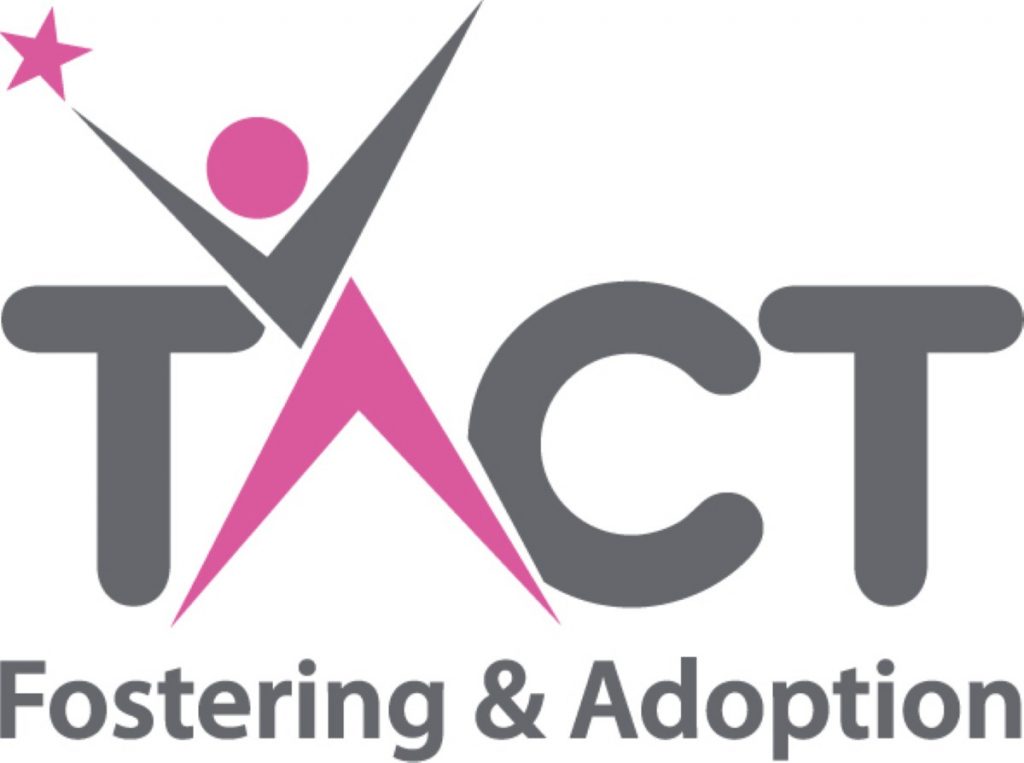TACT: Back to School – looked after children and the education reforms
Back to School – looked after children and the education reforms
Government Reforms
Since coming into office in May 20010 the coalition government have introduced a whole raft of educational reforms: new academies and free schools; pupil premium and funding; not to mention the proposed changes in the Special Educational Needs system and a new admissions code. And not forgetting changes to the curriculum. The full impact of these radical changes will take some time to fully work themselves into the day to day lives of pupils in England. However, with schools re-opening after the summer holidays, now is a good time to take stock of these changes and the likely impact on a particular group of children and young people whose educational outcomes are very poor – children and young people in the care of the local authority.
Children and Young People in Care and Education
Children end up in the care system through no fault of their own yet are among the most disadvantaged. Currently, only the children of travellers have worse educational outcomes. Historically the educational achievements of looked after children have always been poor when compared with all children in the population. In 2010 in England, 12% of children who had been looked after for more than 12 months achieved 5 or more GCSEs or the equivalent including English and mathematics at grades A* to C. This compares with 51% of all children in England . Also, as a group, looked after children are disproportionally represented in children with SEN and are more likely to be excluded.
Many children and young people in the care of Local Authorities enjoy high levels of educational achievements and go on to make a success of their lives. However far too many leave care with few or no qualifications and, as such, have poor life chances. The statistics on care leavers outlined by a report by the Centre for Social Justice make uncomfortable reading: 55% of care leavers suffer from depression; a third of care leavers misuse drugs and alcohol within a year of leaving care; around a third of those living on the street have a background in care; and 23% of the adult prison population have previously been in care .
Impact on looked after children
The introduction of the Pupil Premium for looked after children together with the continued priority given to looked after children in the newly proposed Admissions Code are a very welcome- although with respect to the pupil premium, the exact impact of this will have to wait until the details of the new school funding scheme have been decided.
The setting up of the new academies and free schools that are at an arm’s length from Local Education Authorities (LEAs), leading to the general shift away from local authority control of local schools, is a concern. There has been a diminution of the support that has been built up in LEAs to assist the education of looked after children and it is very unclear if, and how, such vital services will be provided by the growing number of schools outside the control of LEAs. Initiatives such as the Virtual School Head scheme, pioneered by the previous Labour administration, that have shown promising results may well by lost in these major transitions in our schools.
The proposed relaxing of OFSTED inspections of schools puts more onus on parents to be the watchdogs of the new schools system. In fact parents are often seen- rightly- as the champions of their children’s education. This is fine if you have parents (although parents of disabled children who have to battle hard for services for their children might find this remark rather glib). Looked after children have to rely on the Local Authority as a Corporate Parent and, if they are lucky, a proactive foster carer. The former may well have limited resources and/or has other priorities; the latter is unfortunately often perceived by teachers as lacking the status or the authority to represent the looked after child’s interest.
How all this will pan out for looked after children in the school system in unclear. Some looked after children will undoubtedly receive excellent educational opportunities. Others will not be so lucky! We owe it to this group of children to ensure that there is equality of opportunity and their life chances are not predicated on where they happen to be living and the often negative attitude of the school and teachers towards looked after children. If the reformed education system is going to serve all children we need to ensure that the education team around each looked after child can and does optimise each child’s potential.
Richard Parnell
Policy Advisor
TACT
Sept. 2011





-01.png)